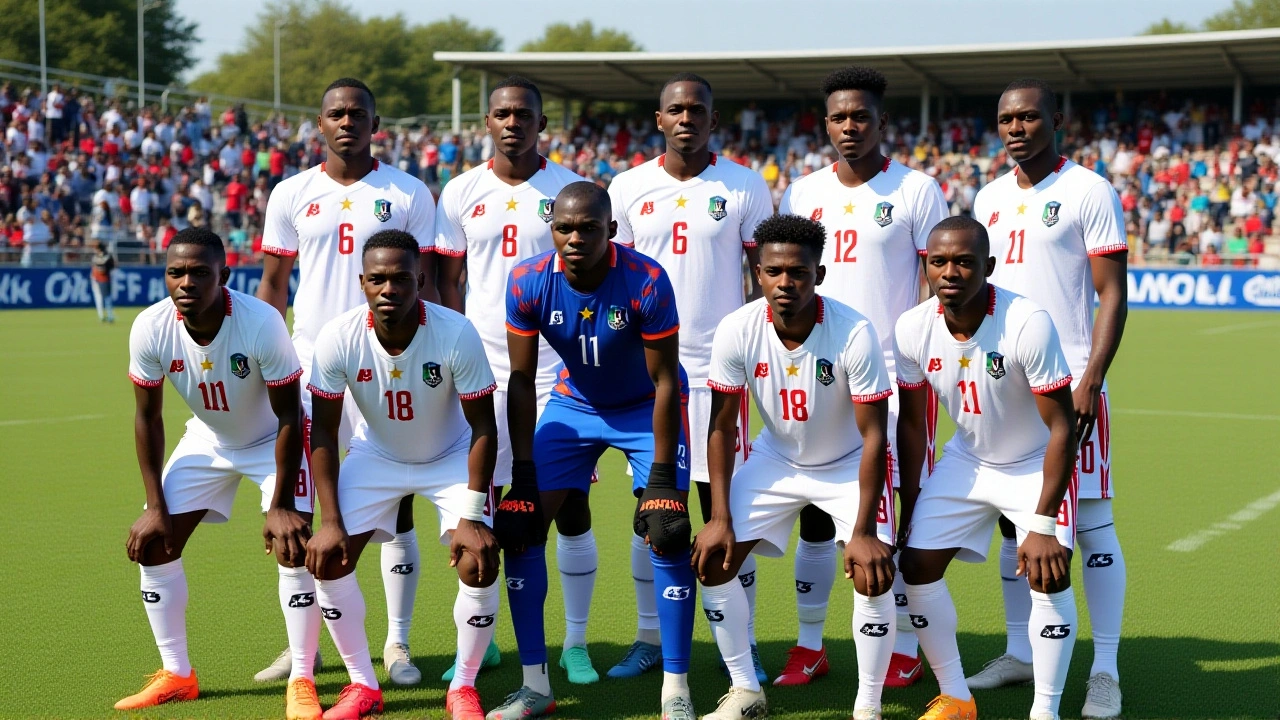When you hear CAF, the governing body that runs football across Africa. Also known as Confederation of African Football, it sets the rules, organizes continental competitions, and nurtures talent from Lagos to Nairobi. African football, the sport that unites billions of fans on the continent relies on CAF’s structure to thrive, while AfroBasket, the premier basketball championship in Africa shows how the continent’s sporting spirit extends beyond the pitch.
CAF organizes the Africa Cup of Nations, the tournament that turns stadiums into festivals of colour, song, and fierce rivalry. The competition encompasses national teams, clubs, and youth squads, creating a ladder for players to jump from local leagues to the world stage. Beyond the men’s tournament, CAF also runs the Women’s Africa Cup of Nations, the U‑20 and U‑17 championships, and the African Nations Championship (CHAN) for home‑based talent. Each event requires strict licensing, stadium standards, and broadcasting deals, all coordinated through CAF’s headquarters in Cairo.
These tournaments influence the broader sports ecosystem in Africa. For instance, the success of Senegal’s national football team fuels interest in the country's youth academies, while the rise of basketball powerhouses like South Sudan at AfroBasket pushes schools to add basketball courts. Both sports benefit from CAF’s emphasis on coaching education, referee development, and grassroots programs, which aim to raise the overall quality of African sport.
Recent headlines illustrate CAF’s ripple effect. Senegal’s 78‑65 win over South Sudan at AfroBasket not only secured a quarter‑final spot but also highlighted the continent’s growing basketball talent pool. Meanwhile, the African Cup of Nations qualifiers have sparked fierce debates in Kenyan and Nigerian media, mirroring the political tension seen in Kenya’s Gen Z protests and Nigeria’s university strikes. Even non‑sport stories, like the Kenyan tax filing season or South Africa’s telecom cash‑flow moves, intersect with CAF’s sponsorship deals and broadcasting rights, showing how sport and economics intertwine.
CAF’s governance faces challenges too. Issues such as match‑fixing allegations, venue controversies, and calls for more transparent leadership echo the political divides seen in Wisconsin’s Assembly vote on Charlie Kirk or the Lagos police response to traffic incidents. Fans demand accountability, and CAF has responded with reforms, stricter disciplinary panels, and a push for greater female representation in its committees.
For fans who love stats, CAF provides a treasure trove: player caps, goal tallies, and historic match data that help compare legends like Didier Drogba to emerging stars like Anthony Elanga, whose transfer saga from Nottingham Forest to Newcastle United underscores how African talent moves across Europe. These numbers also feed into betting markets, as seen in the odds for the Chiefs vs Jaguars showdown or Liverpool’s Premier League predictions, all of which rely on CAF‑sanctioned data for African clubs in continental competitions.
Looking ahead, CAF is set to expand its digital footprint. New streaming partnerships aim to bring live African Cup of Nations matches to smartphones across the continent, mirroring the eTIMS tax invoicing push in Kenya. This digital push promises more fans, more revenue, and more opportunities for young players to showcase their skills on a global stage.
Below you’ll find a hand‑picked collection of articles that dive deeper into the stories mentioned, from Senegal’s basketball surge to the latest transfer rumors, political twists that affect sport, and the economics shaping African football. Whether you’re tracking a specific tournament, scouting emerging talent, or just craving the latest buzz, this roundup has you covered.
Posted by
Siseko Tapile
19 Comments

South Sudan and Togo ended their World Cup qualifying hopes with a 0-0 draw at Juba Stadium, leaving both teams out of the 2026 tournament and sparking discussions on African football's future.
read more